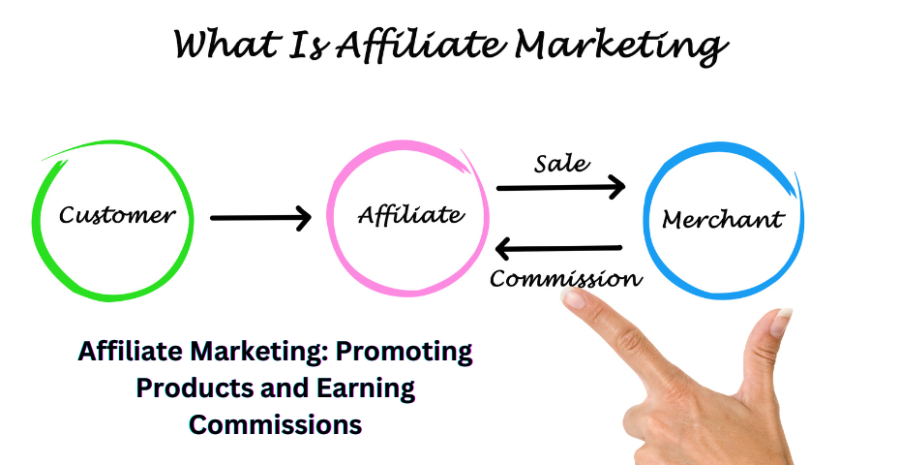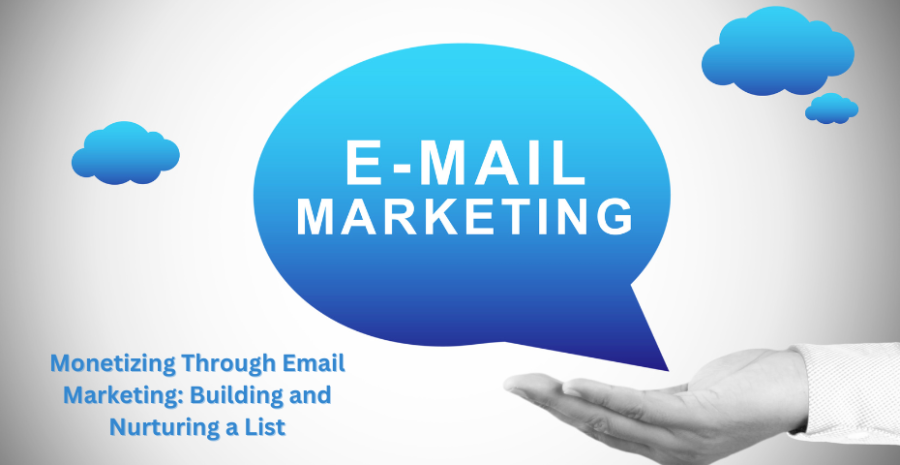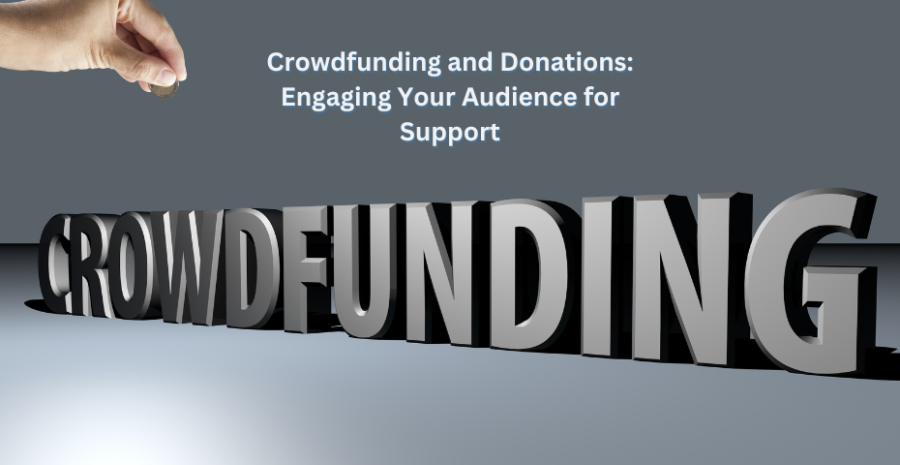
How Do Beginner Bloggers Make Money? Top Strategies to Start Earning

Starting a blog has become an increasingly popular way to share ideas, build a personal brand, and even generate income. For beginners, the prospect of making money from blogging can seem daunting, but it’s more attainable than ever. With the right strategies, dedication, and a bit of patience, even novice bloggers can turn their passion into a profitable venture.
The journey of monetizing a blog involves understanding the various income streams, optimizing content for search engines, and engaging with a target audience. As the blogging landscape continues to evolve, so do the opportunities to earn money, whether through ad revenue, affiliate marketing, or offering products and services.
This blog will guide you through the top strategies that beginner bloggers can use to start making money. By the end, you’ll have a clear roadmap to turn your blog into a source of income, and with consistent effort, these strategies can help you achieve long-term success.
So, whether you’re just getting started or looking to refine your approach, read on to discover how you can monetize your blog effectively.

Affiliate marketing is one of the most accessible ways for beginner bloggers to start making money. It involves promoting products or services on your blog through special tracking links. When your readers click on these links and make a purchase, you earn a commission.
The beauty of affiliate marketing is that it doesn’t require you to have your own products or services to sell. Instead, you can leverage the products of companies and brands that align with your blog’s niche. To get started, you need to sign up for affiliate programs related to your blog’s content.
For instance, if you’re blogging about technology, you might join programs that offer commissions on software, gadgets, or online courses. The key to success in affiliate marketing is to promote products that are relevant to your audience and that you genuinely believe in.
This authenticity builds trust with your readers, making them more likely to purchase through your links. Additionally, incorporating affiliate links naturally into your content, such as in product reviews or how-to guides, can boost your earnings over time.

Display advertising is another popular method for beginner bloggers to monetize their sites. By allowing ad networks like Google AdSense to place ads on your blog, you can earn money each time a visitor views or clicks on an ad.
The amount you earn depends on factors like your blog’s traffic, the placement of the ads, and the content’s relevance to the ads being displayed. While the earnings per click or view might seem small, they can add up over time, especially as your blog’s traffic grows.
To maximize revenue from display advertising, it’s essential to create high-quality content that attracts a steady stream of visitors. Additionally, experimenting with ad placement—such as in the sidebar, header, or within the content itself—can help increase click-through rates.
However, it’s crucial to balance the number of ads with the user experience, as too many ads can detract from your content and drive readers away. Over time, as your blog gains more traffic, you might consider partnering directly with brands for higher-paying ad placements.

As your blog grows and attracts a larger audience, you may begin receiving offers from brands to write sponsored posts. Sponsored posts are articles or content pieces that a brand pays you to create and publish on your blog.
These posts typically promote a product, service, or event, and they can be a lucrative source of income. To start getting sponsored post opportunities, you’ll need to establish yourself as an authority in your niche. Brands are more likely to partner with bloggers who have a loyal and engaged readership.
When writing sponsored content, it’s essential to maintain transparency with your audience by disclosing the sponsorship. This honesty not only complies with legal requirements but also helps build trust with your readers.
Additionally, ensure that the sponsored content aligns with your blog’s values and resonates with your audience. High-quality sponsored posts that provide value to your readers can enhance your blog’s reputation and lead to long-term partnerships with brands.

Creating and selling digital products is a powerful way for beginner bloggers to monetize their expertise. Digital products like e-books, online courses, and downloadable templates can provide significant value to your audience while generating passive income.
The process starts by identifying a topic or skill that you’re knowledgeable about and that your readers are interested in. For example, if your blog focuses on personal finance, you could create an e-book on budgeting or a course on investing.
Once you’ve developed your digital product, you can sell it directly through your blog using e-commerce platforms or third-party marketplaces. The key to success with digital products is to offer something unique and high-quality that addresses a specific need or problem faced by your audience.
Marketing your digital products through blog posts, email newsletters, and social media can help drive sales. Over time, as you create more digital products, you can build a robust portfolio that provides a steady stream of income.

For bloggers who have specialized knowledge or skills, offering services can be an excellent way to monetize their blog.
Services like consulting, freelance writing, and coaching allow you to leverage your expertise to help others while earning money.
For instance, if your blog is about digital marketing, you could offer consulting services to small businesses looking to improve their online presence. Similarly, if you’re a talented writer, you could offer freelance writing services to other blogs or websites.
To attract clients, create a dedicated services page on your blog that outlines what you offer, your rates, and testimonials from satisfied clients.
Promoting your services through your blog’s content and social media channels can also help attract potential clients.
Offering services not only provides immediate income but also helps establish your authority in your niche. As you gain more experience and build a reputation, you can charge higher rates and attract more high-profile clients.

Implementing a membership or subscription model on your blog can create a recurring revenue stream. This approach involves offering exclusive content, resources, or perks to readers who pay a monthly or yearly fee.
Membership models work well for bloggers who have built a loyal and engaged audience. For example, if you run a blog about fitness, you could offer a subscription service that provides personalized workout plans, access to a private community, and exclusive content.
The key to success with this model is to offer real value that justifies the cost of the subscription. Additionally, creating a sense of exclusivity and community can encourage readers to subscribe. Promoting your membership or subscription service through your blog and social media can help attract subscribers.
Over time, as your membership base grows, you can create more tailored offerings and increase your income.

In addition to digital products, selling physical products through your blog can be a profitable venture. Whether it’s branded merchandise, handmade goods, or dropshipping items, an e-commerce store allows you to monetize your blog by offering tangible products to your audience.
To get started, you’ll need to decide on the type of products you want to sell and set up an online store. Platforms like Shopify or WooCommerce make it easy to integrate an e-commerce store with your blog.
Promoting your products through blog posts, email marketing, and social media can help drive traffic to your store and increase sales. The key to success in selling physical products is to offer items that resonate with your audience and complement your blog’s niche.
For example, a travel blogger might sell custom travel gear or accessories. Additionally, providing excellent customer service and building a strong brand can help create repeat customers and grow your e-commerce business.

Email marketing is a powerful tool for bloggers looking to monetize their audience. By building an email list, you can create a direct line of communication with your readers, allowing you to promote products, services, and affiliate offers.
The first step is to create an opt-in form on your blog that encourages visitors to subscribe to your newsletter. Offering a freebie, such as an e-book or exclusive content, in exchange for an email address can help grow your list.
Once you have a list, you can send regular newsletters that provide valuable content and include promotional offers. The key to successful email marketing is to build a relationship with your subscribers by providing consistent value.
This approach not only increases the likelihood of them purchasing through your links but also builds loyalty and trust. Over time, as your email list grows, it can become one of your most valuable assets for generating income.

Starting a YouTube channel is an excellent way for bloggers to expand their reach and diversify their income streams. By creating video content that complements your blog, you can attract a wider audience and earn money through YouTube’s monetization features, such as ad revenue, channel memberships, and Super Chat.
To get started, you’ll need to create a YouTube account and start uploading videos that align with your blog’s niche. For example, if your blog is about cooking, you could create cooking tutorials or recipe videos. Promoting your YouTube channel through your blog and social media can help drive traffic to your videos and increase your subscriber count.
As your channel grows, you can explore additional monetization opportunities, such as brand partnerships and sponsored videos. The key to success on YouTube is to create high-quality, engaging content that resonates with your audience.
By leveraging both your blog and YouTube channel, you can create a synergistic effect that boosts your overall income.

Crowdfunding and donations offer a unique way for bloggers to monetize their content by engaging their audience directly. Platforms like Patreon, Ko-fi, and Buy Me a Coffee allow your readers to support your blog financially in exchange for exclusive content, perks, or simply as a token of appreciation.
To get started, you’ll need to create an account on one of these platforms and promote it through your blog and social media channels. Offering different levels of support with varying perks can encourage more readers to contribute.
For example, you could offer exclusive blog posts, behind-the-scenes content, or early access to new content to your supporters. The key to success with crowdfunding and donations is to create a strong connection with your audience and provide them with value.
By showing appreciation for their support and offering unique content, you can build a community of loyal readers who are willing to contribute to your blog’s growth.
Making money as a beginner blogger is a journey that requires time, effort, and the right strategies. While it may seem challenging at first, the diverse range of monetization methods available today makes it possible for anyone to turn their blog into a profitable venture.
Whether through affiliate marketing, display advertising, selling digital and physical products, or offering services, each strategy offers unique opportunities to generate income. The key is to focus on providing value to your audience, building trust, and consistently creating high-quality content.
As you experiment with different monetization methods, you’ll discover what works best for your blog and audience. Over time, these efforts can lead to a sustainable income stream and even turn your blog into a full-time business.
Remember, success doesn’t happen overnight, but with persistence and dedication, you can achieve your financial goals through blogging. So, take the first step, implement these strategies, and watch your blog grow into a profitable and rewarding endeavor.
.png)
About: Andries vanTonder (65)
Over 45 years selfemployed
He is a Serial Entrepreneur, an Enthusiastic supporter of Blockchain Technology and a Cryptocurrency Investor
Find me: Markethive Profile Page | My Twitter Account | My Instagram Acount | and my Facebook Profile.
